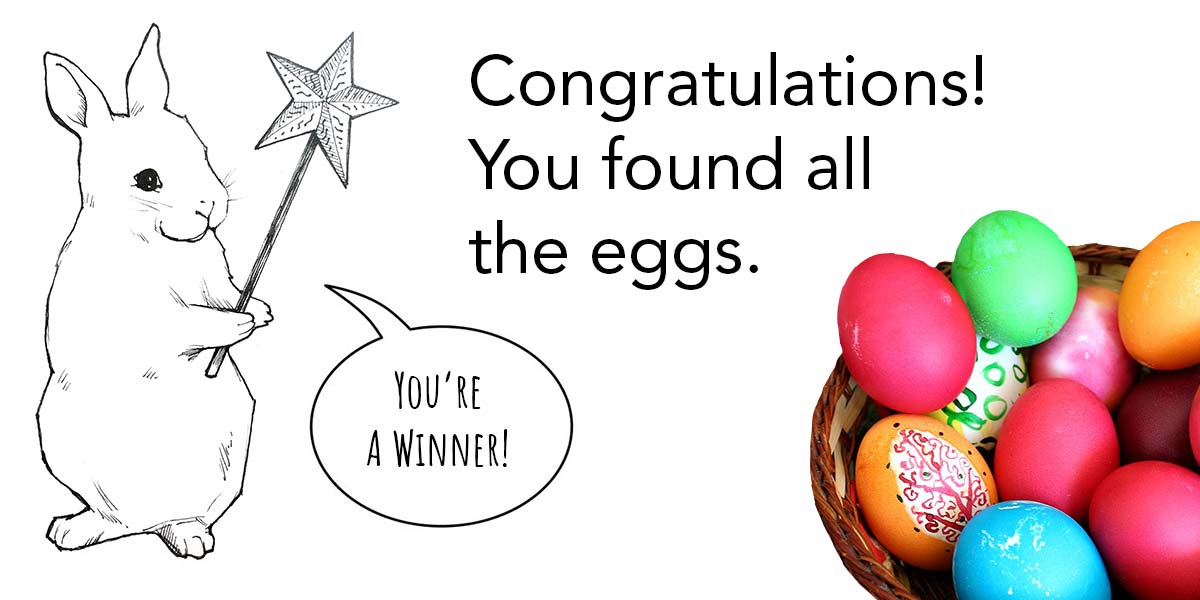“I wanted to make something really good for the world,” says Justyna. “This is when I was still idealistic.”
Justyna left Poland to earn a PhD in engineering science in Germany and then came to the United States to do research at Harvard. In 2014, she led a team that won a White House competition, using existing technology to design an autonomous emergency-response system: robots, drones, and other self-driving vehicles would be sent into areas devastated by earthquakes or floods, saving many more lives than is currently possible. But she couldn’t find the funding to build it. “No one’s got a business model for it,” she says. “No one’s paying for it…. We’re living in a capitalistic world. If you want to create something like emergency response, you first have to succeed financially in the capitalistic world, in order to have the investment to make. I had to learn that.”
Since then, Justyna has been working on self-driving cars and lives in a mansion that she shares with other scientists in Cupertino. “I feel more established scientifically and technically now,” she says. But, she continues, “twenty years ago, when I was young and still in Poland, everybody knew what the core values were, what was important: integrity, respect for other humans, taking care of each other, and being good to each other. Now, as I look around, we seem to be losing ourselves. If we want to achieve excellence in technology, why can’t we achieve excellence in being good to each other?








